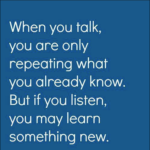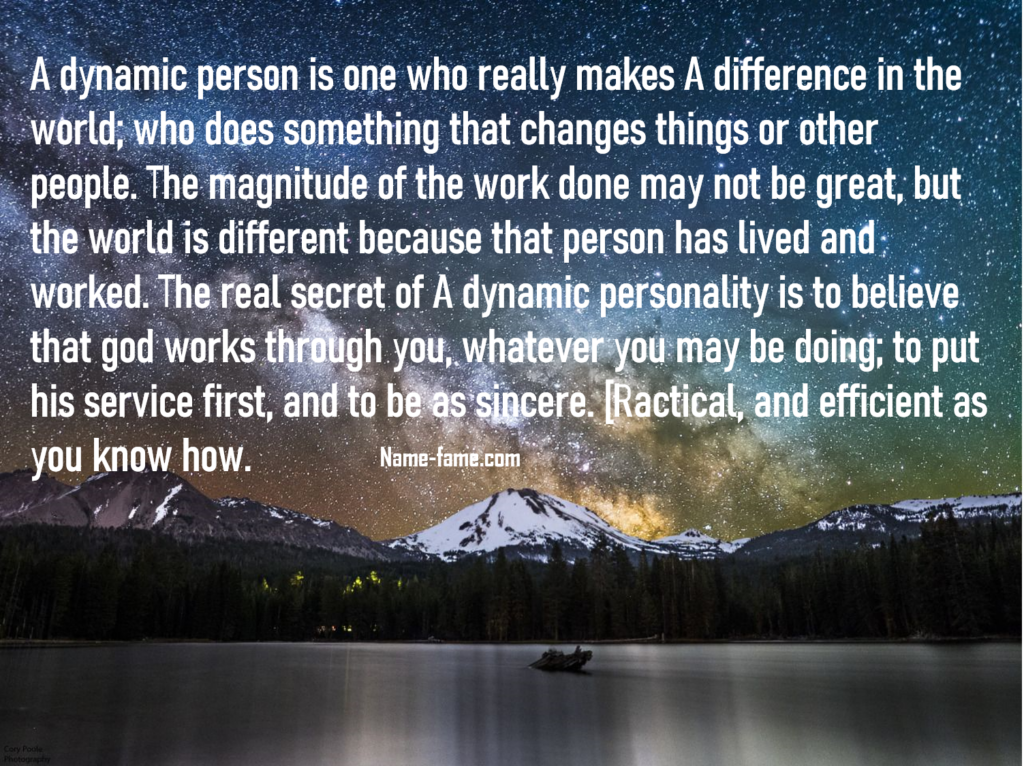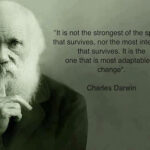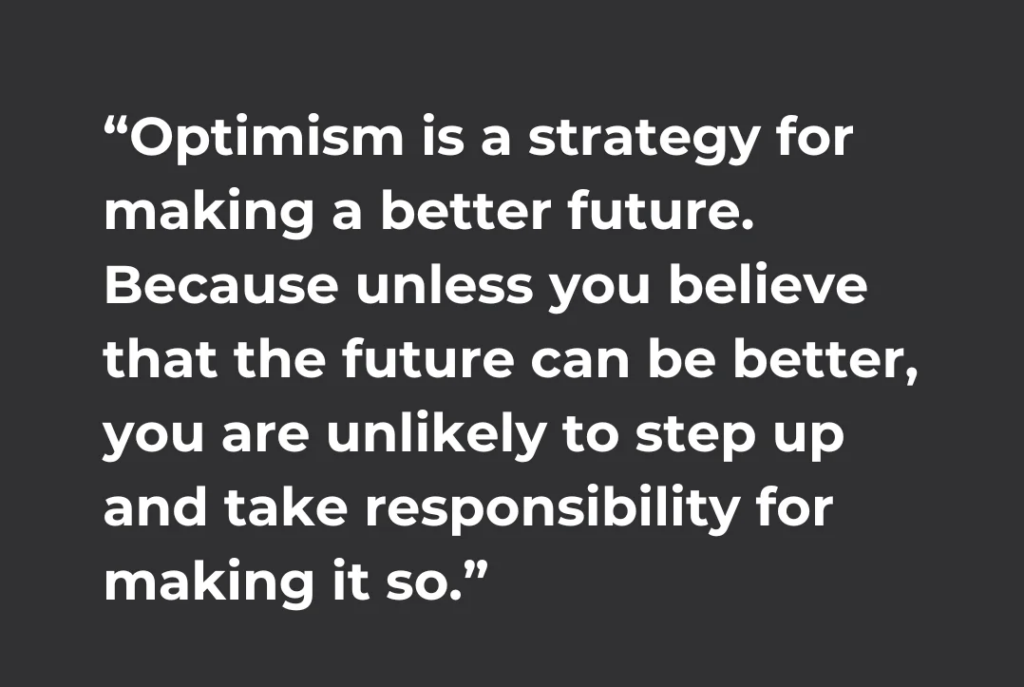The majority of people like to believe that they are unbiased. And while most people are generally open-minded, many of us aren’t as broad-minded as we think we are. And that’s not always because you weren’t trying; it might be challenging at times to maintain an open mind.
Yet it’s unquestionably doable. Being open-minded is more of an intentional way of living than it is a fixed personality feature. Changing your old patterns of thinking can be challenging if you haven’t always kept an open mind, but it is possible with intentional effort and a few easy techniques. Indeed, why not begin right away?
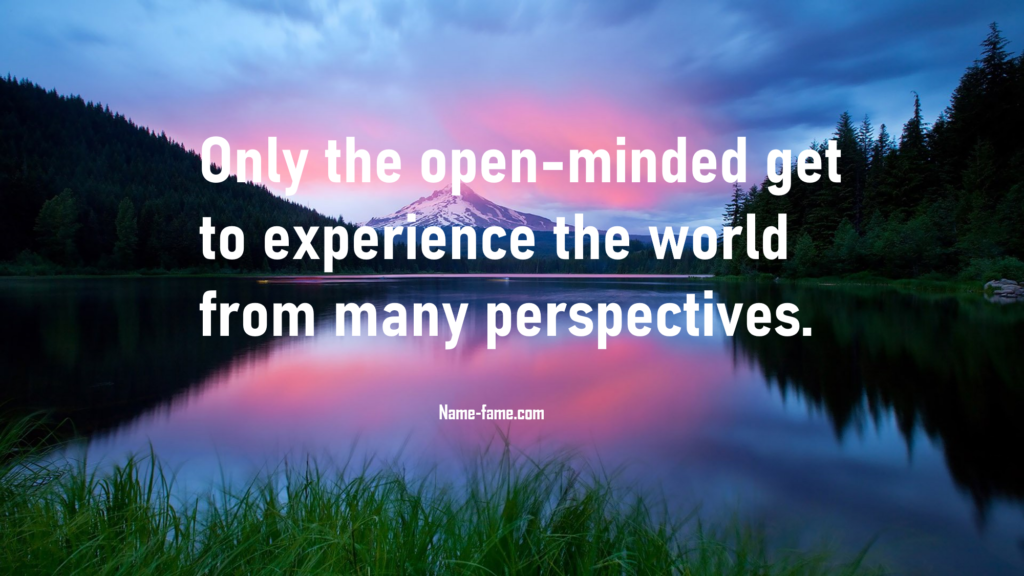
What is an open mind?
When presented with knowledge that conflicts with their preconceived notions, open-minded individuals are willing to consider and embrace it.
SEE ALSO: 10 Profound Life Lessons from Tony Robbins
Also noteworthy is William Hare’s description of open-mindedness as a virtue. Nearly everyone agrees that being open-minded is a virtue and that we should all work to be.
The space engineer James Oberg once quipped, “Having an open mind is a virtue—but not so open that your brains fall out.”
The point being made here is that we should still exercise critical thought while retaining an open mind. Yet, being open-minded has never meant blindly accepting every viewpoint. Instead, it means being open to considering ideas that go against our worldview while still exercising critical thought.
As both the idea of open-mindedness and the Big Five personality trait of openness share a certain level of curiosity in the outside world and other people, as well as an eagerness to learn new things and appreciate new experiences, they are frequently related in psychology. During the course of adulthood, personality traits tend to remain fairly constant, but people can gradually develop more open minds or become more close-minded, instead.
SEE ALSO: How to Know When You’re Taking Something Too Personally
How to maintain open-mindedness
Even if it can be challenging at times, we should always endeavor to keep an open mind. Let’s look at some easy methods for developing open-mindedness.
1. Exercise intellectual modesty
Intellectual humility is the realization of one’s ignorance.
Thinking that you know everything there is to know about something is a common mistake people make. However, the majority of us actually always have something new to learn.
It’s a good idea to get practice stating “I don’t know” as a means to start exercising intellectual humility. We frequently feel under pressure to respond even though we don’t have enough knowledge of the subject, or we choose not to respond at all. Yet, the response “I don’t know” is as acceptable.
It’s acceptable to lack expertise. In actuality, no one can possibly know everything.
We’ll be more receptive to fresh information if we acknowledge that there is a lot we don’t know.
2. Raise queries
A fairly straightforward path to increasing your open-mindedness is to challenge your own and other people’s expertise. Why is the finest question to ask, for instance: Why do you think or believe the things you do, and why might someone else think otherwise?
• Why is it crucial for you to alter or hold onto your beliefs?
These inquiries are a sort of self-reflection, which is essential for having an open mind.
In life, don’t be hesitant to ask questions! Nobody is an expert on everything.
SEE ALSO: How To Become More Resilient?
3. Recognize your bias
Most people mistakenly believe they are more objective than they actually are. It’s acceptable that we all have cognitive biases. We frequently unwittingly activate our biases. Yet that doesn’t mean we shouldn’t try to be aware of our biases consciously.
Prejudices like sexism or racism are examples of biases. Other times, we may just have a bias toward a particular style of media, such as favoring depressing music when we’re feeling down.
Confirmation bias is a sort of bias that specifically impairs open-mindedness because it causes us to prioritize information that supports our preexisting opinions. Take a moment to consider whether your perception of an argument as exceptionally persuasive may simply be the result of confirmation bias.
Advantages of having an open mind
Being open-minded has a reputation for being positive, and for good reason—it has many advantages.
1. Personal growth via novel encounters
Individuals with an open mind are more likely to encounter novel situations and chances. Further experiences help us identify new talents and interests, which forms the basis for personal growth.
2. Enhanced imagination
Those that are interested and creative tend to be open-minded. According to a 2016 article, intelligence predicted creative achievement in the sciences whereas openness predicted it in the arts.
Thinking that is adaptable and inclusive is frequently indicative of open-mindedness. Actually, there is some evidence to suggest that open-minded individuals may view the world differently. A 2017 article claims that this distinction may be seen at the most fundamental level of visual perception, suggesting that open-minded people have a different perspective on the world.
In order to be creative, it helps to have a different perspective on the world. Think outside the box by being open-minded, for sure!
3. Increased capacity for learning
If you’re not open to learning new things, learning anything will be difficult. While learning something new, whether it is how to prepare a new dish or how to study a subject in school, keeping an open mind makes it easier to accept and retain the new information.
You can approach any new knowledge with open-mindedness in a reflective and questioning manner, which forces you to give it serious thought as opposed to simply memorizing it.
A 2015 study demonstrates that openness has a favorable impact on group learning capacity in addition to individual learning experiences since it aids the group in establishing a common vision.
Conclusion
Being open-minded is excellent, which is likely why we frequently overestimate our level of openness. It might be challenging to have an open mind at times, but there are several ways to make it simpler for yourself to enjoy all the advantages that come with it. The benefits of being open-minded are worth the effort, even when it occasionally forces you to face uncomfortable truths.

